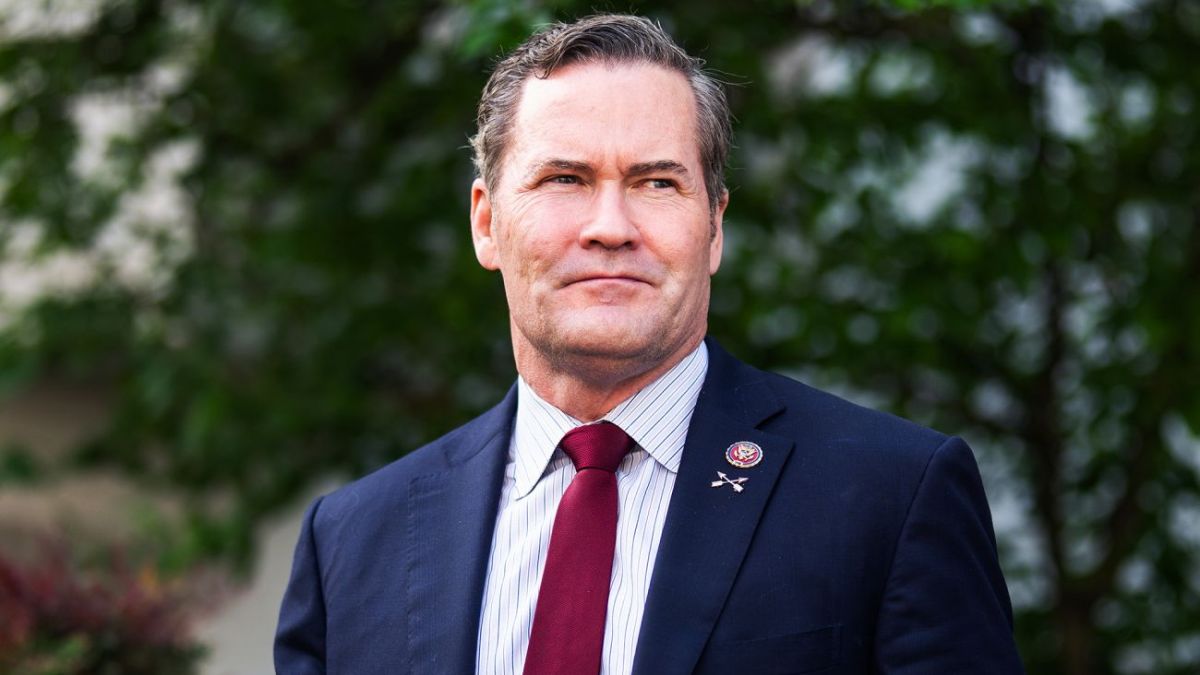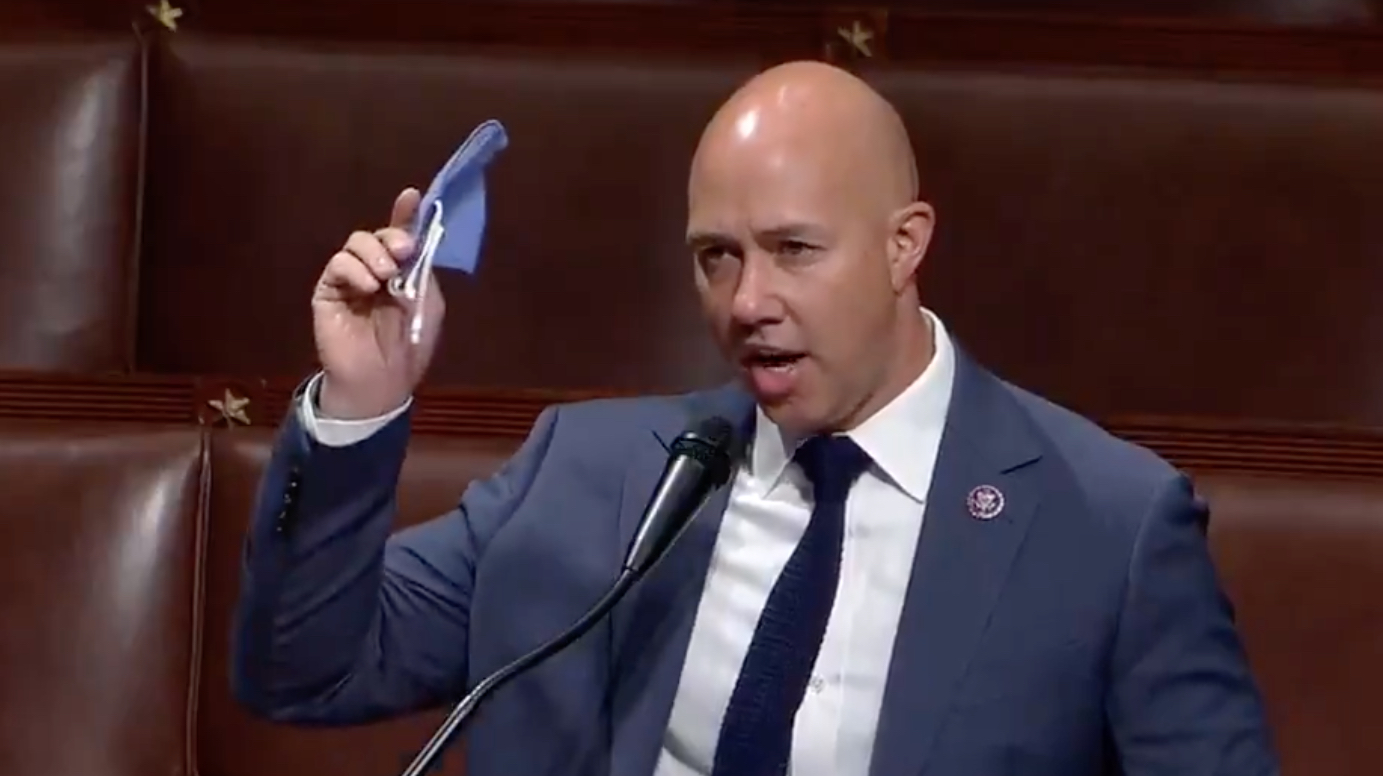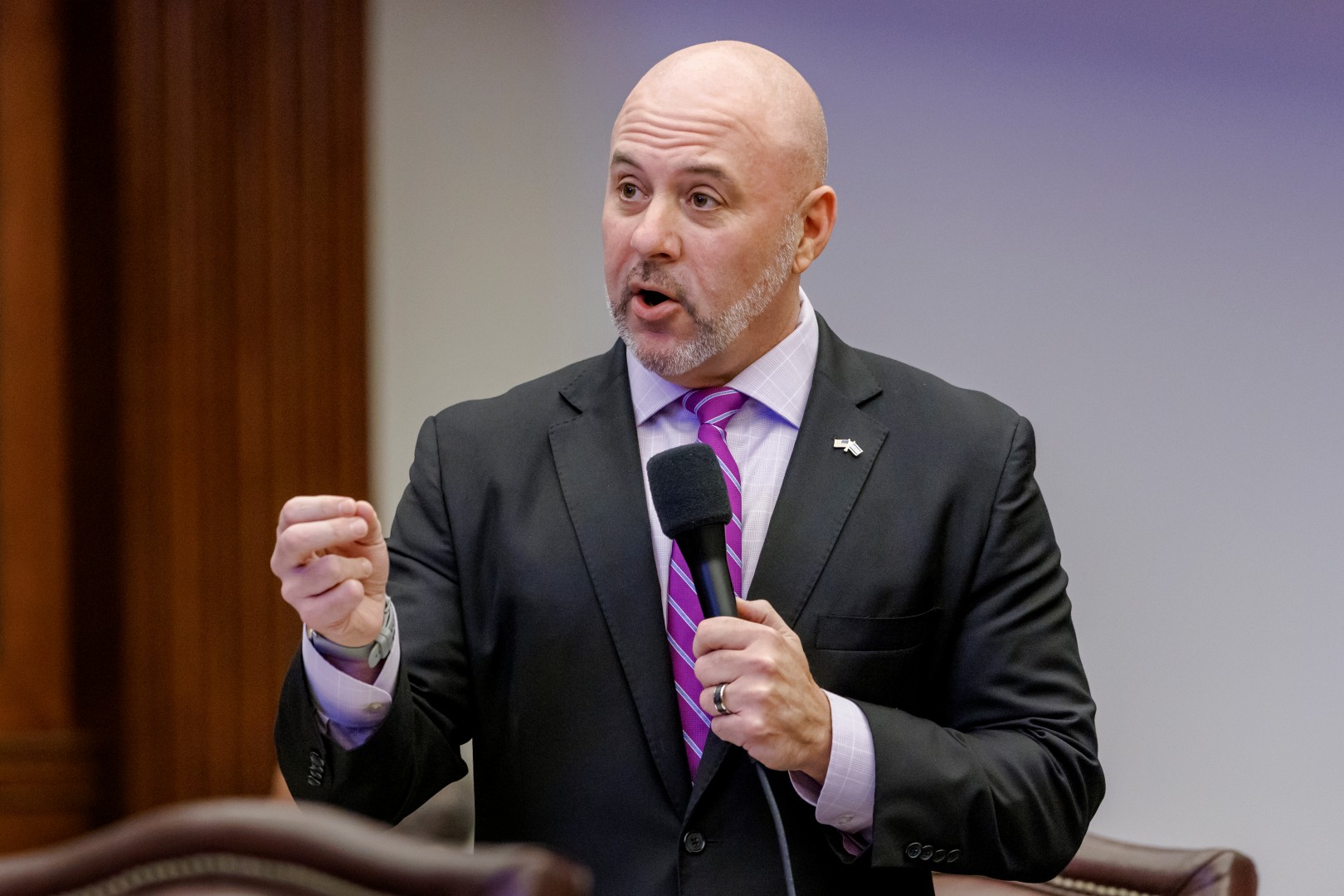As he promised earlier this month, Spring Hills Republican Sen. Blaise Ingoglia has filed legislation to increase Florida’s homestead exemption limit.
Residents today can qualify for an up to $50,000 reduction in the assessed value of their homes to lower their property taxes. Measures Ingoglia filed (SJR 1016, SB 1018) would raise the limit to $75,000, provided voters approve the change.
If effectuated, he said, the change would mark the largest tax cut — $2.6 billion in ad valorem tax revenue that local governments would otherwise collect — in Florida history.
“Property taxes are skyrocketing and Floridians are demanding relief,” Ingoglia said in a statement.
“The current homestead exemption doesn’t cut it anymore. That’s why I’m filing for a new $75,000 homestead exemption that will be adjusted for inflation every year. When your home value goes up, so does your exemption.”
Ingoglia’s bills, which do not yet have House companions, come less than three weeks after Gov. Ron DeSantis called for higher homestead exemption levels. The Governor said that while some local governments “do a pretty good job” of using the money for local services and upkeep, others waste it.
Residents in some areas in the state have enjoyed lower property tax rates. But others, particularly those in metropolitan markets like Jacksonville, Miami and Tampa, have seen their post-pandemic property tax bills go through the proverbial roof.
“I’d rather protect you and limit their ability to tax your (property),” Desantis said. “Voters (should) have an opportunity to rein in the cost associated with property taxes and get further protections for Florida taxpayers. I think that would be really good, and I think that would be a great thing to leave to future generations.”
DeSantis suggested as much as tripling the exemption. Ingoglia’s proposal would increase it by 50%, not counting other benefits available to veterans, active-duty military service members, disabled first responders, seniors and property owners with disabilities.
The Governor added that he would even be open to wiping out property taxes altogether, something Ocala Republican Rep. Ryan Chamberlin proposed last year.
Chamberlin’s argument for the change was that residents see their property taxes increase despite not realizing any gain in their bank accounts.
“If the IRS started charging us a tax not just on your income but what they thought we could have earned, we would have riots in the streets,” he said during early talks of the bill, which died after no Senator filed a companion bill.
Detractors of that proposal on both sides of the aisle noted that lost property tax revenue would necessarily be shifted to sales taxes, which could financially overburden less financially stable Floridians.
According to an analysis of U.S. Census data by the Urban Institute, a Washington-based think tank, property taxes are Florida’s second-largest source of per capita revenue after federal transfers.
Post Views: 0


 Entertainment8 years ago
Entertainment8 years ago
 Entertainment8 years ago
Entertainment8 years ago
 Politics8 years ago
Politics8 years ago
 Tech8 years ago
Tech8 years ago
 Tech8 years ago
Tech8 years ago
 Tech8 years ago
Tech8 years ago
 Politics8 years ago
Politics8 years ago
 Tech8 years ago
Tech8 years ago








